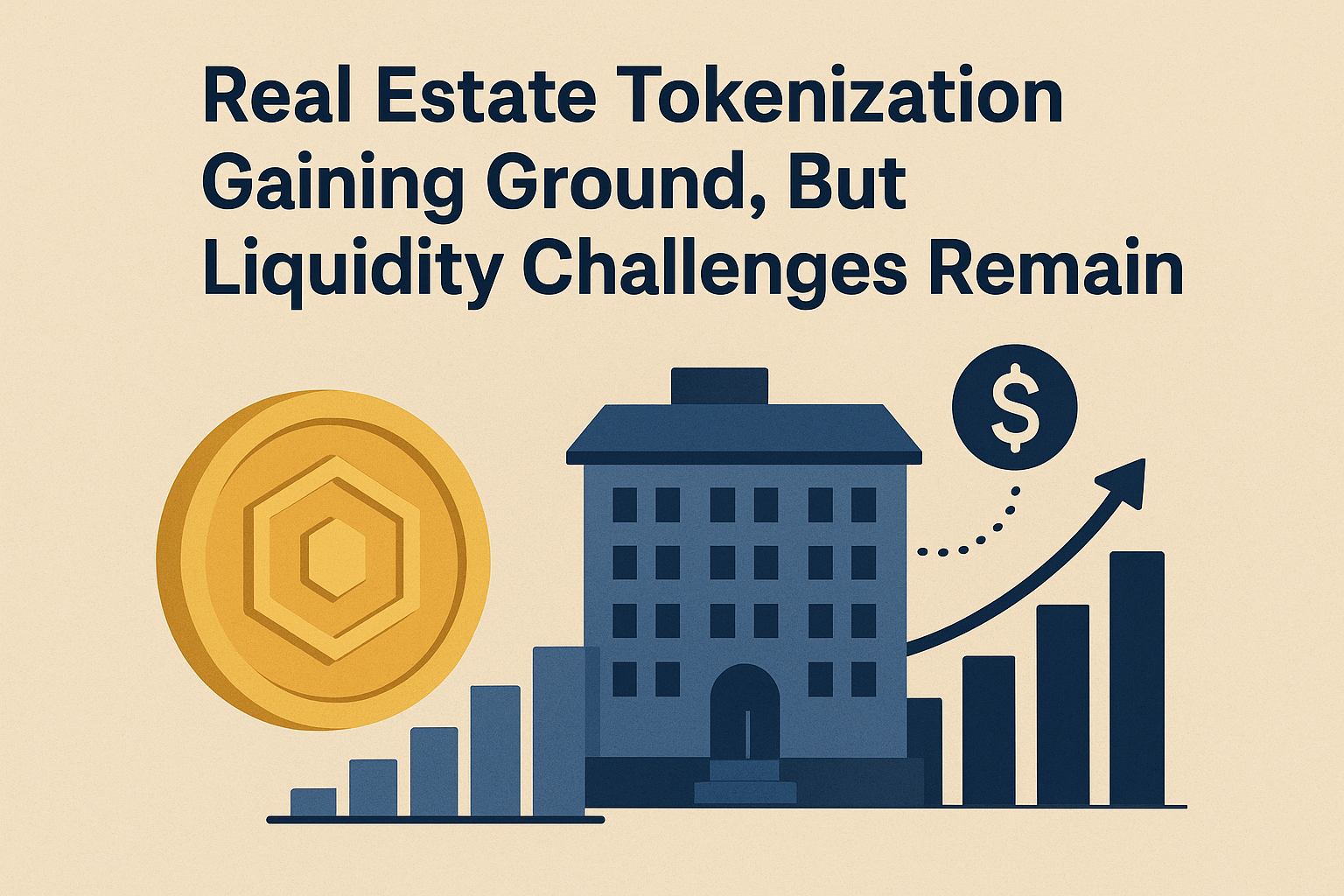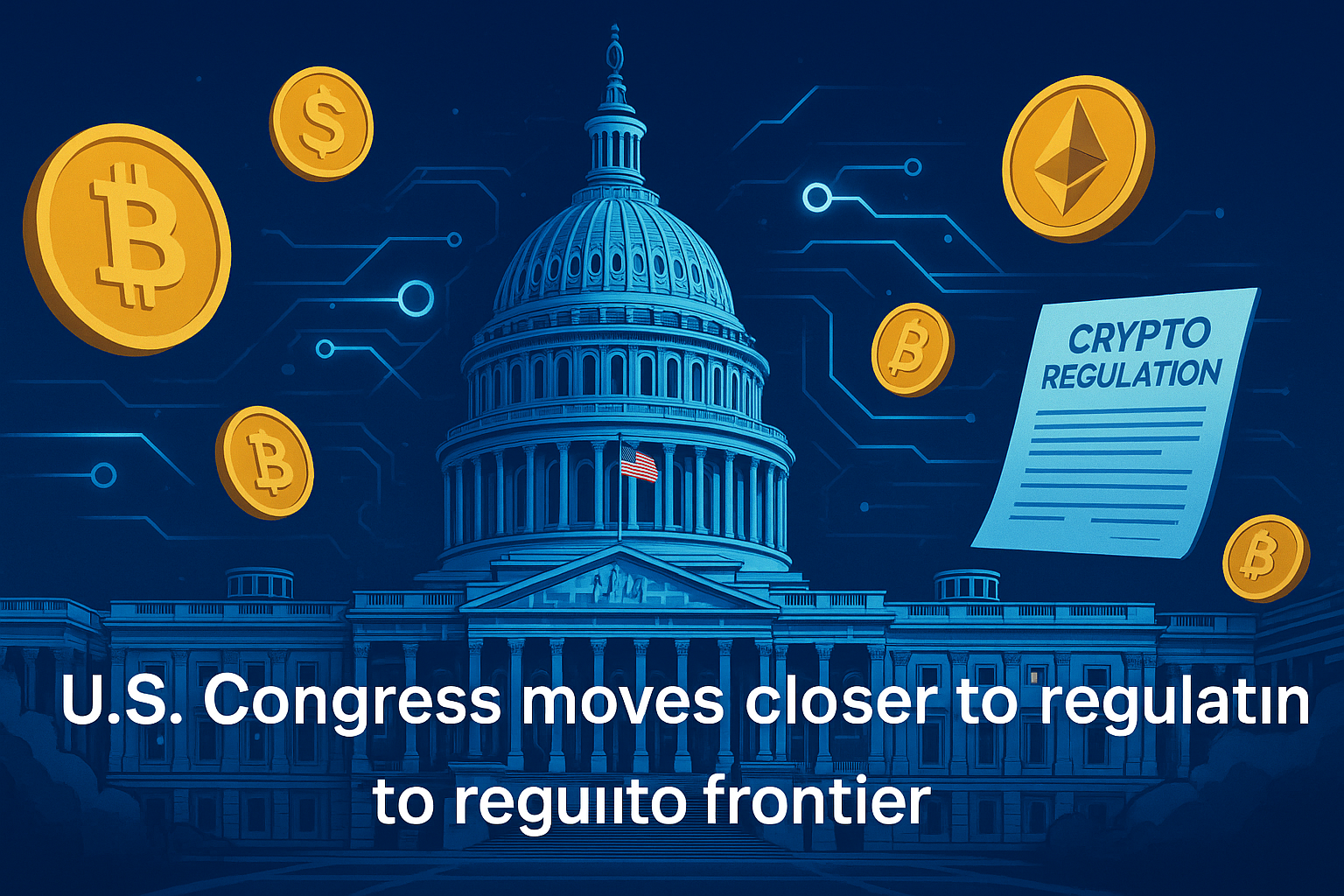The concept of tokenizing real estate—turning ownership or income rights into blockchain-based tokens—is no longer a futuristic idea. Over the past few years, multiple studies and industry reports have highlighted that real estate tokenization is accelerating globally, driven by both technological innovation and investor demand for more flexible, fractionalized ownership structures. From luxury apartments in major cities to commercial office buildings, digital tokens are opening new pathways for investment in assets that were traditionally illiquid and capital-intensive.
The Promise of Tokenization
At its core, real estate tokenization offers several compelling benefits. By converting property rights into blockchain tokens, ownership can be fractionalized, allowing smaller investors to participate in markets that were once accessible only to high-net-worth individuals or institutional players. Transactions can potentially be faster, cheaper, and more transparent, thanks to the automated and immutable nature of blockchain ledgers. Smart contracts can automate revenue distribution, such as rental income, and improve record-keeping efficiency, reducing administrative overhead for property managers and investors alike.
Beyond democratization, tokenization also promises increased accessibility and cross-border investment opportunities. Investors from different countries can participate without navigating complex international property regulations, while developers can raise capital more efficiently. These advantages are increasingly attractive to both traditional real estate firms and emerging fintech platforms.
The Liquidity Challenge
Despite these advantages, liquidity remains a persistent hurdle. Studies indicate that while tokenized real estate is growing in volume, the secondary market—where investors can buy and sell tokens after the initial issuance—is still underdeveloped. Many tokenized assets are locked in long holding periods, with limited trading activity. This lack of liquidity is a key concern for investors accustomed to traditional securities, which benefit from active and deep markets.
The reasons behind this low liquidity are multifaceted. First, regulatory frameworks for tokenized assets vary widely across jurisdictions, creating uncertainty and additional compliance costs for platforms and investors. Second, valuation models for tokenized real estate remain in their infancy, making it difficult for buyers and sellers to agree on fair prices. Third, custodial and technical infrastructure for securely holding and trading these tokens is still evolving, with many investors wary of digital asset security risks. Finally, market participants need trusted platforms where secondary trading can occur efficiently—something that is only slowly emerging.
Breaking Barriers
Industry experts agree that overcoming regulatory, valuation, custodial, and market infrastructure challenges is essential to unlock the full potential of real estate tokenization. Regulators are increasingly working on frameworks that balance investor protection with innovation, while specialized firms are developing valuation standards tailored for tokenized assets. On the technical side, custodians and exchanges are improving security measures and operational reliability, gradually making the market more trustworthy for mainstream investors.
Moreover, market makers and liquidity providers are exploring ways to incentivize trading activity. For example, some platforms are experimenting with fractionalized staking or buy-back programs to provide exit options for token holders. These initiatives aim to reduce the “lock-in” effect of long holding periods, which currently limits token liquidity.
Looking Ahead
While tokenization of real estate is still in its early stages, the trend is clear: the industry is moving steadily toward more accessible, digital-first property investment models. Liquidity challenges persist, but with the combined efforts of regulators, fintech innovators, and investors, the gap is likely to narrow over the coming years.
As blockchain technology matures and adoption grows, tokenized real estate could become a mainstream investment vehicle, offering both efficiency and flexibility that traditional property markets cannot easily match. Investors, developers, and policymakers alike will need to collaborate closely to ensure that this promising asset class can thrive without compromising security, transparency, or fairness.
Real estate tokenization may still be a work in progress, but its potential to reshape property investment is undeniable—and for those willing to navigate the evolving landscape, the opportunities are substantial.




